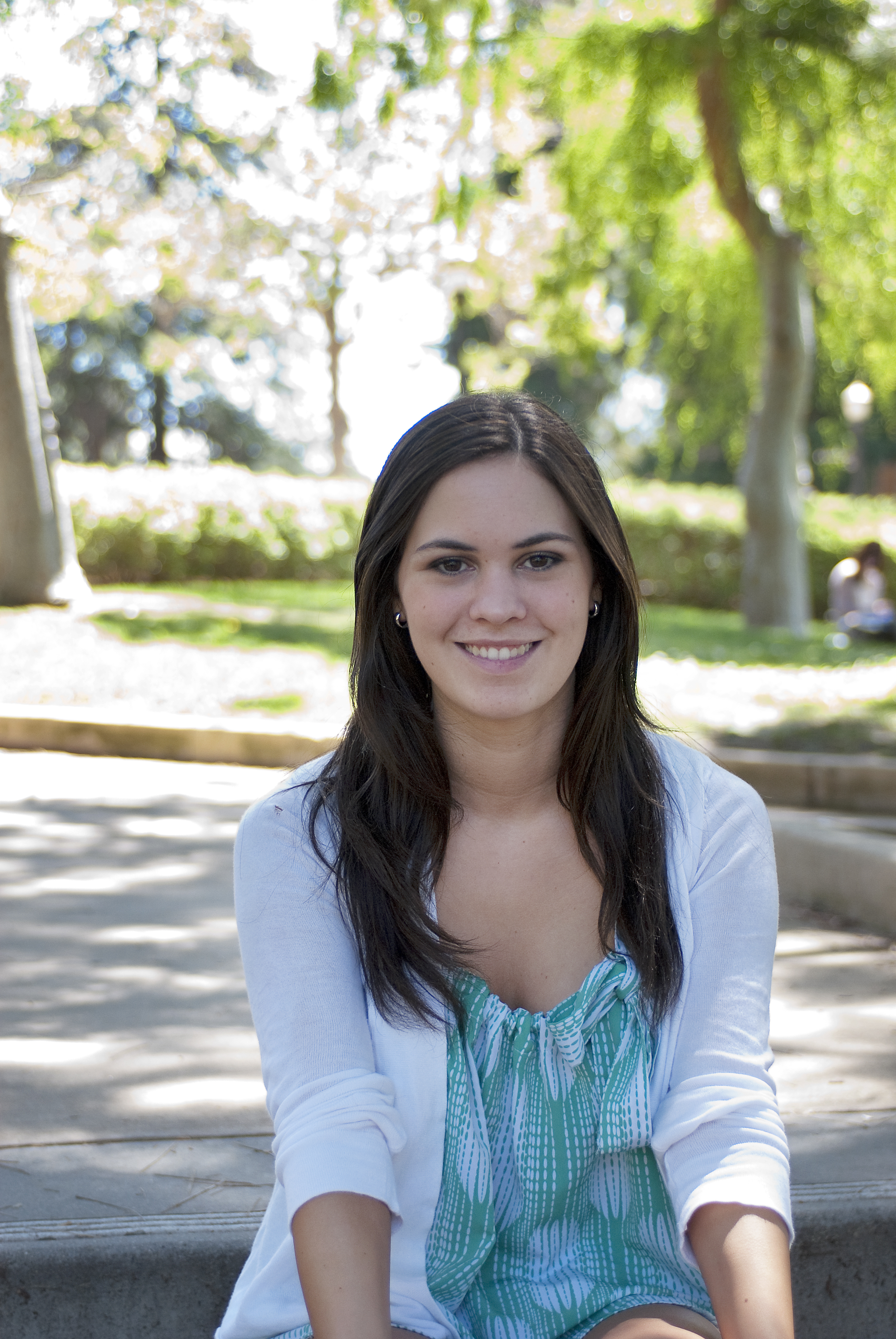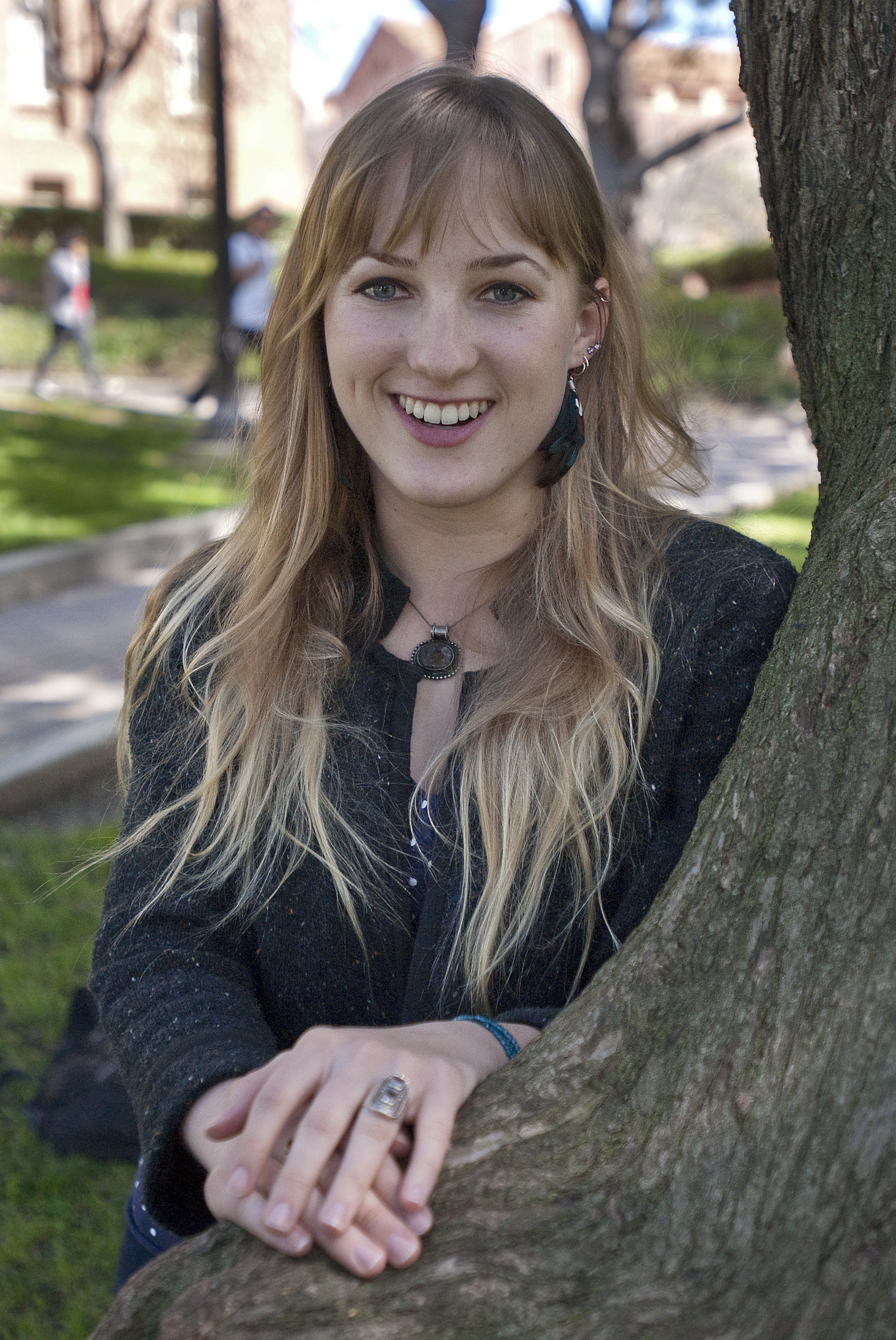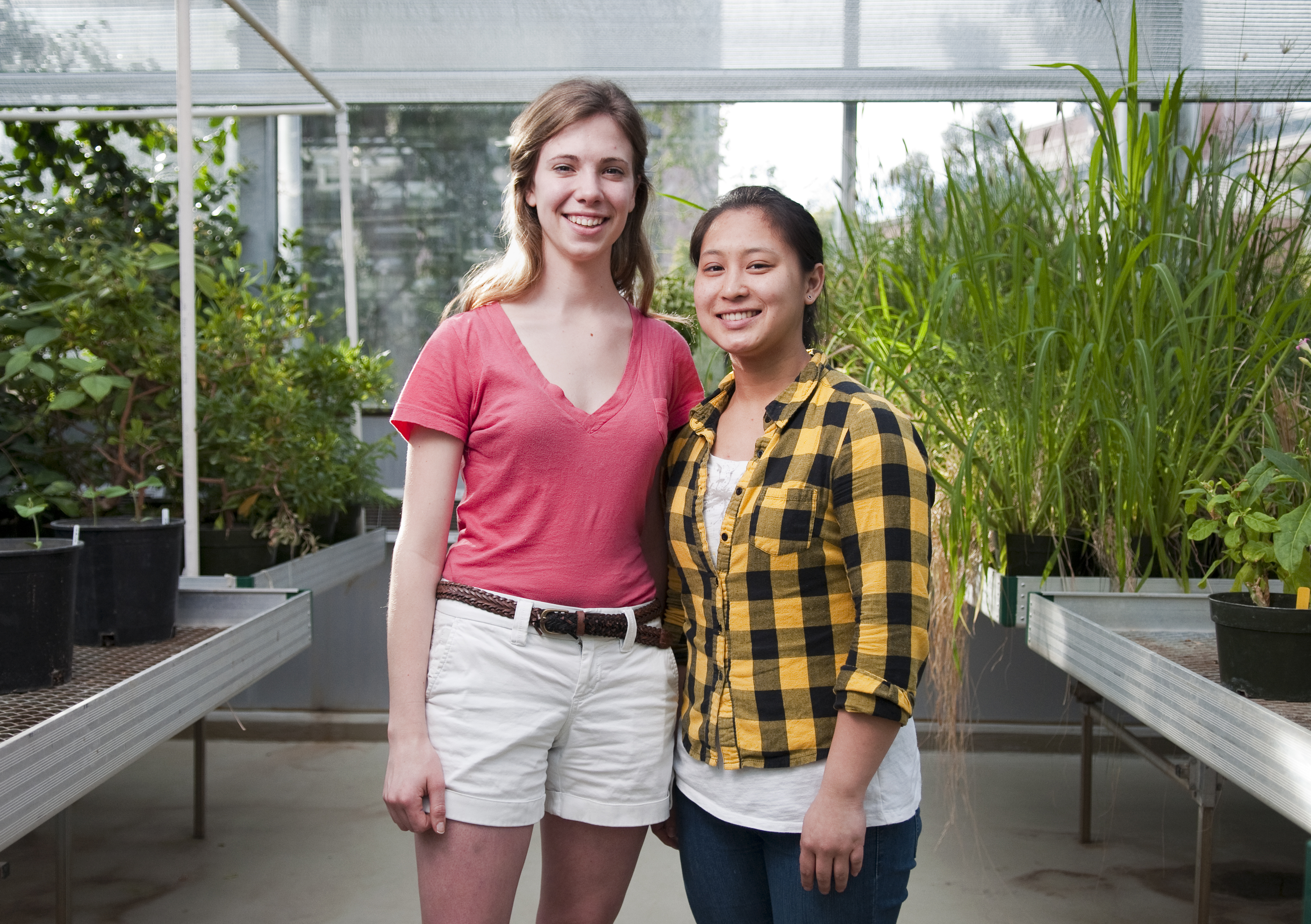
Lulu Pantin, a third-year psychology student, was a teaching fellow for a class titled Genetic Engineering in Medicine, Agriculture and Law.

Second-year cultural anthropology student Krista Kleczewski is an undergraduate teaching assistant for a human sexuality seminar.
It’s the first week of classes, and you walk into your discussion section with 15 other undergraduates. Only this time, you’re at the front of the class.
While most teaching assistants are graduate students, there are some opportunities for undergraduates to take on leadership roles in the classroom. The responsibilities of the students vary from class to class and are largely dependent on the needs of a professor.
Elaine Chiu, a third-year psychobiology student, was a teaching fellow last quarter for Genetic Engineering in Medicine, Agriculture and Law. Chiu organized and ran the three sections for the Honors Collegium course with fellow third years Eden Maloney, a molecular, cell and developmental biology student, and Lulu Pantin, a psychology student.
“The first day I was pretty intimidated by the students because they were all our age or older,” Chiu said. “But by the second week, we really knew what to do.”
The teaching fellows are all undergraduates trained by Professor Robert Goldberg. All of the students have previously taken the class, and Goldberg said his choices were based on their enthusiasm for the subject and communicative abilities. Most of the students wait a year or two before becoming a teaching fellow, to gain the knowledge and experience necessary to lead the course.
“Teaching is something one has to learn,” Goldberg said. “The (sections) allow the students to practice the principles and techniques … I teach them.”
Some of these leadership opportunities require students to have taken specific classes.
To work with Goldberg, students are required to take Life Science 3 and 4, and undergo four weeks of training before the quarter begins.
Goldberg’s teaching fellows received class credit through the Honors program but are unpaid, though they spent upwards of 30 hours a week preparing for the class.
Maloney said teaching became much easier as the quarter progressed because she was comfortable enough to joke around with her students.
“Wednesday was my favorite day of the week because class was so much fun,” she said.
She said her experience as a teaching fellow has inspired her to pursue a career as a research professor.
Angelo Mishriki, a fourth-year philosophy student, has been similarly impacted by his role as a logic tutor. Mishriki works with students enrolled in Philosophy 31 and 137, and said for the first time, he is considering a career in teaching.
Mishriki and the other tutors are required to have taken the logic courses but receive no formal training.
They are officially employed by the university and hold office hours, proctor midterms and run review sessions. One tutor even ran a discussion section during winter quarter because the teaching assistant had a scheduling conflict.
Other teaching roles are less formal. Krista Kleczewski, a second-year cultural anthropology student, assists a psychology graduate student with his seminar on human sexuality.
She began working in a gender lab last year after taking the Sex: From Biology to Gendered Society cluster, and has made gender studies a focus of her major. As an undergraduate teaching assistant, Kleczewski helps facilitate discussions and grades projects and journal entries.
While their responsibilities may vary, all of the students said teaching has been an incredibly valuable experience.
“You don’t really learn something until you teach it,” Pantin said.
